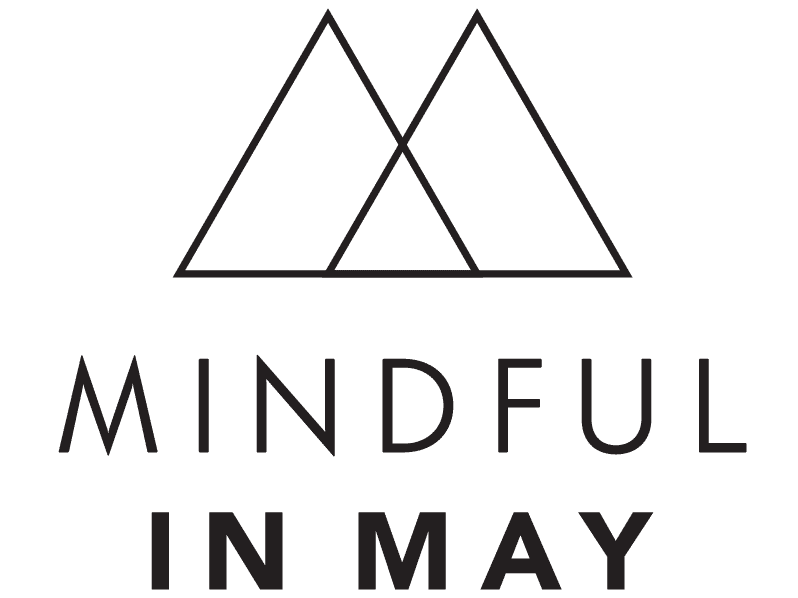Where technology meets mindfulness: Wisdom 2.0

My fascination with human beings led me to pursue a career in psychiatry. At medical school, I remember holding the brain of a cadaver in my hands and wondering how the multitude of human emotion and thought could be contained within a kilogram of white and grey matter. Recently, I was reminded of this while watching a short film Brain Power by Tiffany Shlain, who states that there are more synaptic connections in a baby’s brain than connections throughout the entire internet.
Connecting with ourselves, each other, and the world in a meaningful, compassionate way is key to our thriving. So when I discovered the Wisdom 2.0 conference, a tech-meets mindfulness conference that explores conscious connecting, I knew I had to be there.
At a time where invisible umbilical cords attach us to our smartphones, the question of where the boundaries of self-identity are in a super-connected world becomes fascinating. At a recent Creative Innovation Conference in Melbourne, Ray Kurzweil, controversial American futurist and inventor stated,
“The biological you is no more you than the technological you.” This idea was voiced decades ago in a more Buddhist light by philosopher Alan Watts who suggested “The ‘you’ who you think you are, does not exist”.
It’s a paradigm shift, but as technology progresses and becomes embedded in our clothes, our retinas, our blood cells, and our brains, we will inevitably need to make sense of what it means to be human in a world where technology is part of us.
We are still locked into thinking that we are separate from our technology. My partner tells me I never put my phone down. In the not too distant future, that might become as ludicrous as telling me to stop “always carrying those dam hands around with me”. Has the mobile phone become an appendage that is so inextricably linked to us, it actually is us? Ray Kurzweil recounted a conversation with a Parkinson’s patient who had a computer chip implanted in his brain to help alleviate his movement difficulties. He asked the man whether he considered the chip to be a part of himself. The man was stumped.
Technology and information are developing exponentially, and we need to shift our thinking from linear to exponential to imagine our future possibilities. With an infinite amount of information at the click of a button, our capacity to focus, discern and pay attention is becoming a survival necessity. As Ray Kurzweil describes, we’re living in a time where “a child in Africa with a smartphone has more access to information than the President of the United States did fifteen years ago”.
If we cultivate wisdom in the area of technology, there’ll be better odds that future technology will support our thriving on the planet. As Kevin Kelly, founding editor of Wired magazine says, “Humans are the reproductive organs of technology” – therefore, the wiser the human, the wiser the technology.
What does this mean for us?
We may be creating technology, but according to Ray Kurzweil, there will be a point in time when technology becomes smarter than its creator – he calls it the singularity. He predicts we will arrive at a point where technology becomes so sophisticated, it enables the creation of smarter-than-human intelligence.
I hope to expand my thinking this week at Wisdom 2.0 and hear from some of the world’s leading thinkers about how as a species, we can ensure that we flourish rather than fade away in this age of technology.

"If we wish to be healthy, happy and clear-minded, we need to upgrade our “inner technology”of attention to meet the demands of our increasingly complex world. That's where mindfulness comes in.."
- DR ELISE BIALYLEW
about the HOST AND FOUNDER OF
MINDFUL IN MAY:
DR ELISE BIALYLEW
Elise Bialylew is the author of the bestselling book, The Happiness Plan, and founder of Mindful in May, the world’s largest online global mindfulness fundraising campaign.
A doctor trained in psychiatry, turned social entrepreneur and mindfulness expert, she’s passionate about supporting individuals and organisations to develop inner tools for greater wellbeing and flourishing, and offers workshops and training at The Mind Life Project.
Her work has been featured in the Huffington Post, New York Times and on Australian Television. She was recently recognised by the Australian Financial Review as a 2019 AFR Women of Influence.
Keep in touch with us
Sign up to access additional resources, mindfulness tips and to find out about upcoming events.
When you submit your email you are opting-in for our emails and relevant upcoming updates from Elise. You can unsubscribe any time.

